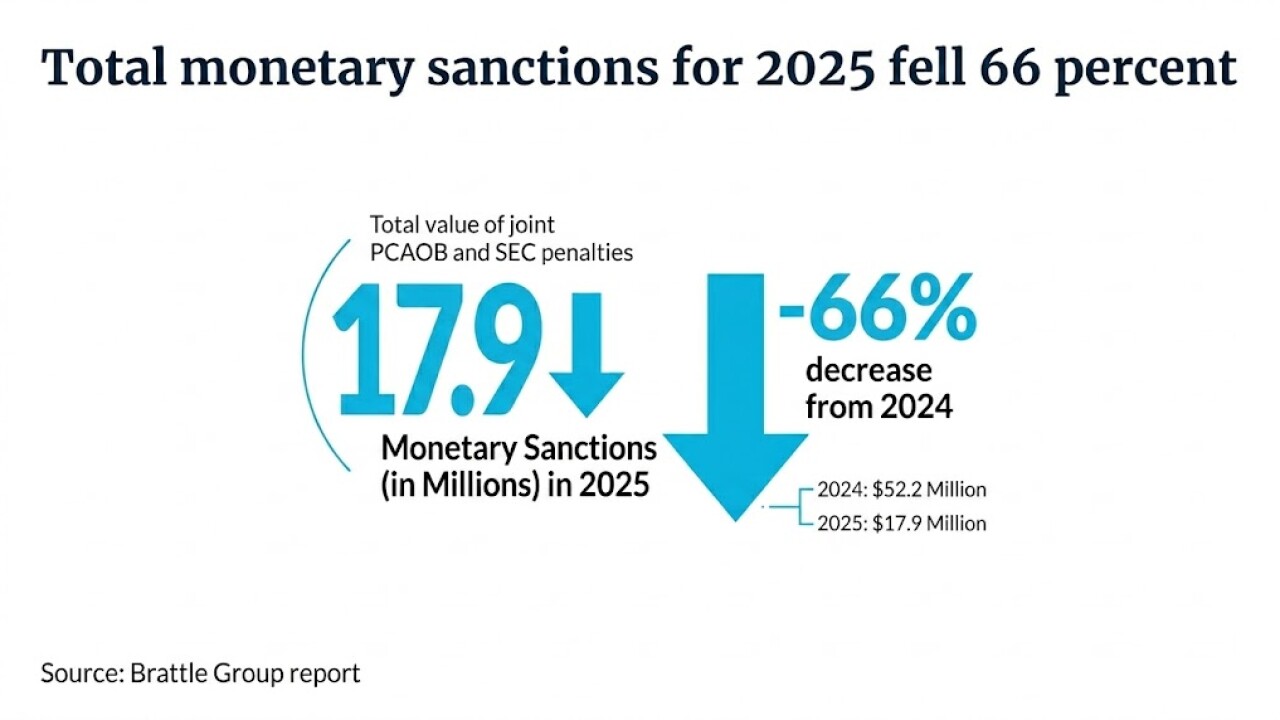The 17 sustainable development goals adopted by the United Nations in 2015 were created to have "deep interconnections and many cross-cutting elements," per
Here's why:
In terms of wasted money, corruption is terrifically bad for business: about $3.6 trillion in U.S. dollars are lost to corruption each year. To give some perspective, the United Nations estimates that USD $5 to 7 trillion worth of annual investment is needed to achieve the UN SDGs. Besides financial loss, the social cost of corruption is immeasurable. Corruption is likely to most drastically impact the poor, who often pay
Economically, corruption impedes fair competition, creating unnecessary risk to stable economies. Infrastructure projects remain especially vulnerable to the effects of corruption, with almost
In short, corruption becomes not only an immediate problem for sustainable economic, political and social progress — it is also a problem that affects the most vulnerable individuals and the public conception of trust. Fighting corruption means not only helping people out of poverty; it means strengthening democracies, economies and international relationships.
We know that the groundwork needed to fight corruption exists already. As advisors and important players in business, the public sector and society, professional accountants are well placed to fight economic crime. Accountants are also well positioned to support an ecosystem of key actors and policymakers that strive to counter corruption and economic crime at the global and domestic levels.
With the knowledge that professional accountants are essential to anti-corruption efforts, IFAC has developed its Anti-Corruption Action Plan in close coordination with the International Bar Association, and with inspiration from their Legal Profession's Strategy for Fighting Corruption and Economic Crime.
Professional accountancy organizations, IFAC Network Partners and individual professional accountants are already fighting corruption, economic crimes and illicit financial flows, every day. Creating an anti-corruption plan was an essential part of IFAC's goals for a strong and sustainable accountancy profession, strong and sustainable private and public organizations, and strong and sustainable financial markets and economies. As an important part in anti-corruption efforts, the global accountancy profession serves the public interest as enablers of the UN SDGs in every country.
With monumental changes in the world in the past few years, achieving the 17 SDGs has grown more complicated. The recent challenges to achieving the 17 existing SDGs — the COVID-19 pandemic, ongoing climate change and international conflict — can rightfully be called "cascading," as they have made multiple SDGs more difficult to achieve in a variety of ways, from data collection difficulties to supply-chain disruption. As the SDGs all depend on and relate to each other, when one becomes more difficult to achieve, several more do too.
In a similar sense, fighting corruption is a "cascading" solution. Much like lifting people out of poverty, an SDG that anti-corruption is intertwined with, the benefits of anti-corruption work have far-reaching effects. Creating and strengthening transparent institutions, precise professional accountability standards, and technology that shares data about when and why corrupt behavior occurs will help facilitate not only anti-corruption, but the 17 sustainable development goals of the UN. As such, there is a case to be made that anti-corruption is the missing SDG — and should be the 18th.
This is exactly what Business at OECD and its Anti-Corruption Committee are trying to do. They have recently launched a campaign calling for the elevation of "Zero Corruption" to be the 18th SDG. This is something that I, as the CEO of IFAC, strongly support. Is fighting corruption currently included in the SDGs? Yes, absolutely. But being a component of SDG 16 is not enough. With fighting corruption so crucial to enabling sustainable development, Zero Corruption deserves the prominence of its own SDG.





